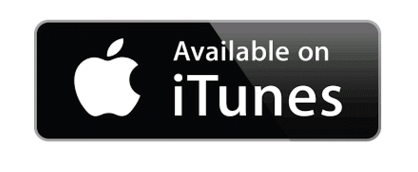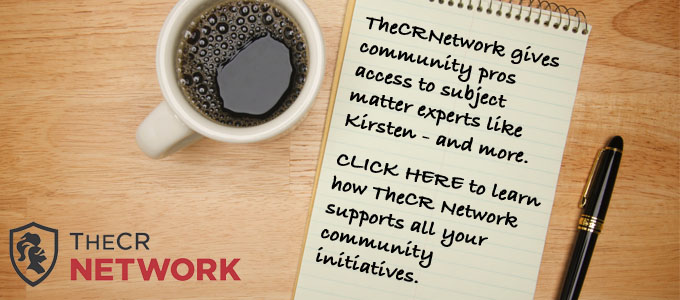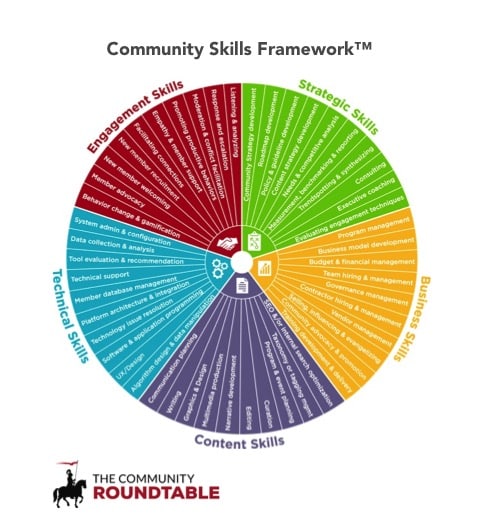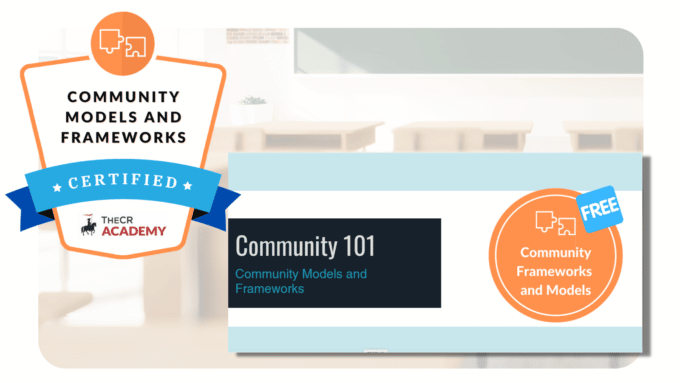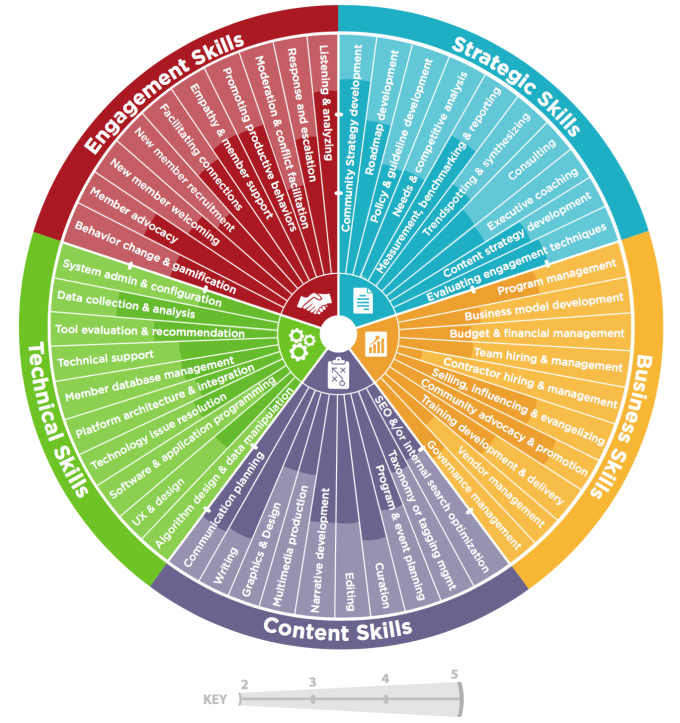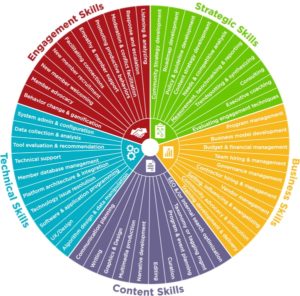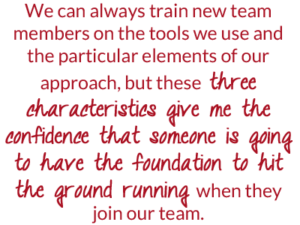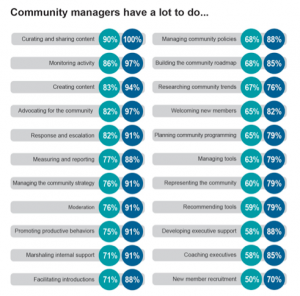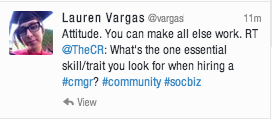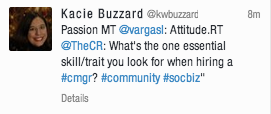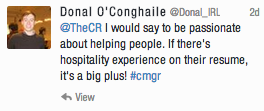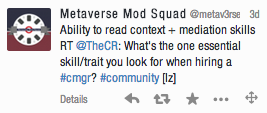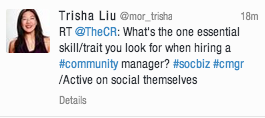![]() Welcome to the latest episode in our community management podcast series, “Conversations with Community Managers” featuring Kirsten Laaspere, Community Manager at Akamai.
Welcome to the latest episode in our community management podcast series, “Conversations with Community Managers” featuring Kirsten Laaspere, Community Manager at Akamai.
Join TheCR’s founder and principal, Jim Storer and director of marketing, Shannon Abram as they chat with community managers from a variety of industries about a variety of community topics, including:
- What’s your best advice for someone just starting out in Community Management?
- What are your best practices for increasing community engagement?
- How can you survive the zombie apocalypse? (Ok – they might not ALL be community questions…)
Episode #40 features Kirsten Laaspere, Community Manager at Akamai. Join us as we chat about how to prioritize her community career journey, her advice for people who want to break into community management, best practices for launching a social collaboration tool, and more!
Check out episode #40 featuring Kirsten Laaspere here:
Podcast: Play in new window | Download
Did you know you can subscribe to “Conversations with Community Managers” iTunes? You can!
About Conversations with Community Managers*
To better reflect the diverse conversations our podcast covers we’ve changed the name of our long-running series to Community Conversations.
Community Conversations highlights short conversations with some of the smartest minds in the online community and social business space, exploring what they’re working on, why they do what they do, and what advice they have for you.
These episodes are a great way to begin to understand the nuances of community strategy and management.
Each episode is short (usually less than 30 minutes) and focuses on one community management professional.
